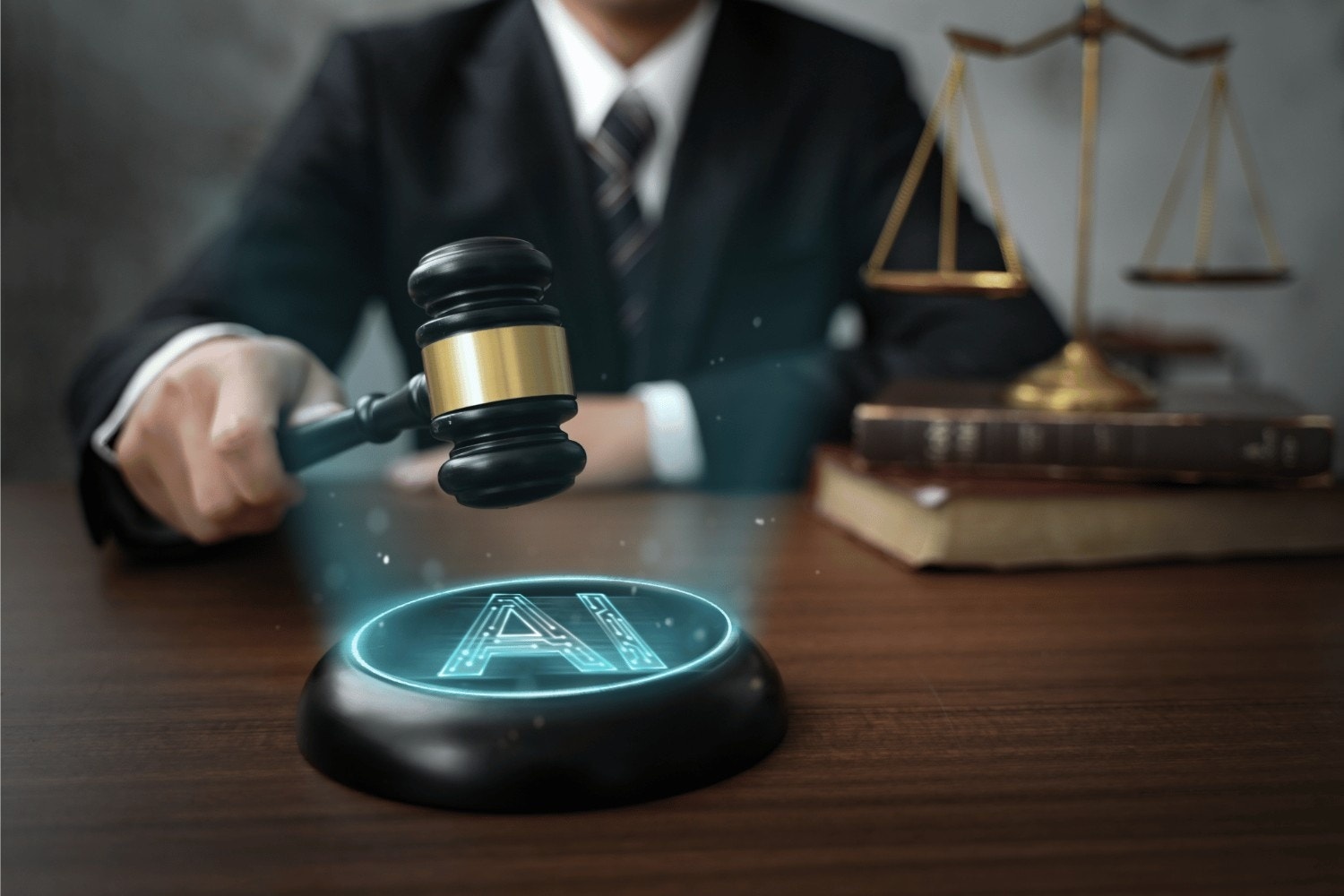Artificial intelligence is used in many areas, such as increasing productivity or simplifying certain tasks. However, its use has also begun to spread among demanding professions. Recently, lawyers have increasingly been using chatbots like ChatGPT to ease tedious workloads like preparing legal documents and case briefs. This has led to unexpected and serious problems. Chatbots’ tendency to “fabricate” information or “hallucinate” leads to serious errors in the legal field.
Artificial intelligence shakes law firms: Penalties rain down on those using inaccurate information
Chatbots can cite non-existent cases or provide inaccurate legal information. This negatively impacts the progress of cases and everyone involved. According to a new report in the New York Times (NYT), penalties for lawyers using artificial intelligence carelessly are increasing. These penalties include fines and other minor penalties. Discussions about the use of artificial intelligence are also growing within the legal community.

Organizations such as the American Bar Association allow lawyers to use artificial intelligence in their practice in principle. However, they have one important condition: Lawyers must verify the accuracy of the text generated by the chatbot. However, recent court filings and expert opinions indicate that the legal profession has become a hotbed for AI errors. These errors are made by both professional lawyers and those who use AI instead of hiring a lawyer.
To counter this alarming trend, a new movement has emerged within the legal community. Some lawyers are actively monitoring and exposing their colleagues’ AI-related errors. French lawyer Damien Charlotin has set up an online database to track such legal errors. The database reports that 509 AI-related cases have been identified so far.
This network of lawyers publishes the AI abuses they detect online. Their goal is to deter and raise awareness by exposing such behavior. Speaking to the NYT, Stephen Gillers, an ethics professor at New York University School of Law, stated that this situation is damaging the reputation of bar associations. “Lawyers should be ashamed of their colleagues’ actions,” Gillers said. The careless use of AI in a critical field like law once again highlights the potential risks of this technology. So, do you believe the use of AI in professions like law is appropriate?













